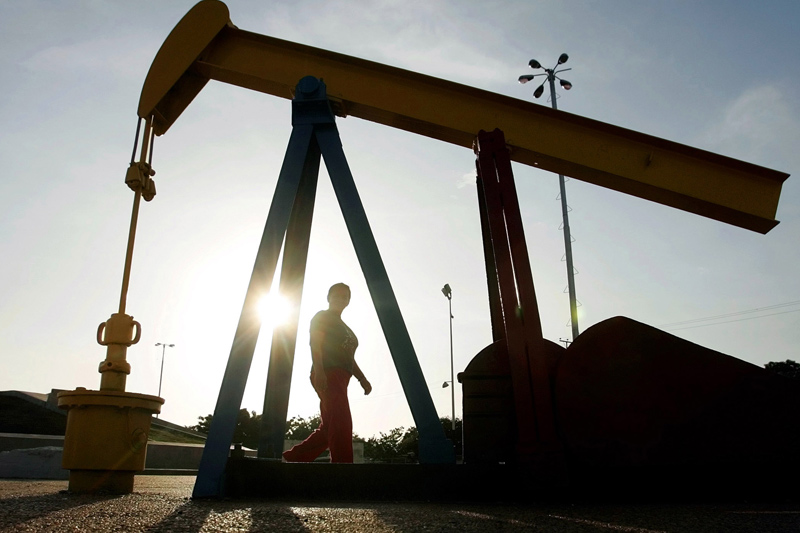Oil Prices Fall as Hostage Release Reduces Geopolitical Risk Premium
Oil Prices Decrease Following Release of Hostages in Gaza
Oil prices dropped on Friday as the release of some hostages in Gaza reduced the geopolitical risk premium. However, prices recorded their first week of gains in over a month ahead of the upcoming OPEC+ meeting to determine production cuts in 2024.
Decline in Oil Futures
Oil futures settled down 84 cents, or 1%, at $80.58 a barrel, while U.S. West Texas Intermediate crude fell $1.56, or 2%, from Wednesday’s close to $75.54. WTI did not settle on Thursday due to the U.S. Thanksgiving holiday.
Impact of Hostage Release on Risk Premium
The first group of hostages freed from captivity in Gaza returned to Israel on Friday, contributing to a reduction in the risk premium associated with oil prices, according to John Kilduff, partner at Again Capital LLC in New York.
Anticipation for OPEC+ Meeting
Both oil contracts marked their first weekly gain in five weeks as OPEC+ readies for a crucial meeting to address output cuts amid concerns about demand and increasing supply from non-OPEC producers.
Delays and Compromises
The OPEC+ meeting, initially scheduled for November 26, was postponed to November 30 as producers struggled to reach a consensus on output levels. However, OPEC+ has reportedly made progress in reaching a compromise with African oil producers on 2024 output levels.
Market Response to Delay
The unexpected delay initially caused a decline in Brent and WTI futures, but trading remained subdued during Thursday’s U.S. holiday. Analysts anticipate potential market impact leading up to the rescheduled meeting.
Chinese Economic Outlook
Recent data and aid to China’s indebted property sector have the potential to positively influence the oil market’s near-term trend, according to CMC Markets analyst Tina Teng. However, concerns about stockpiles and refining margins may limit these gains.
Long-Term Outlook and Production Growth
Despite positive near-term indicators, analysts foresee a potential weakening in oil demand growth in the first half of 2024. Additionally, non-OPEC production growth is expected to remain robust, with Petrobras planning significant investments to boost output in the coming years.



